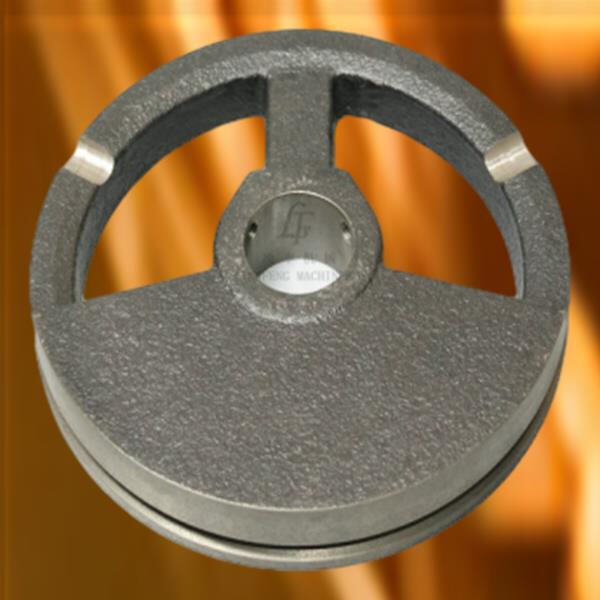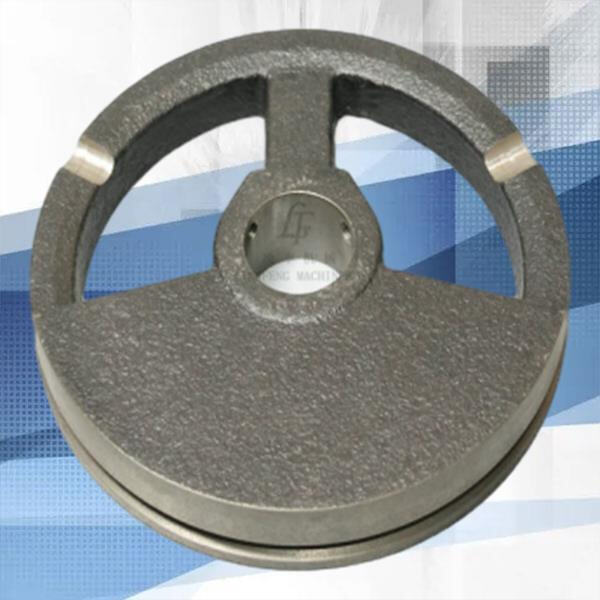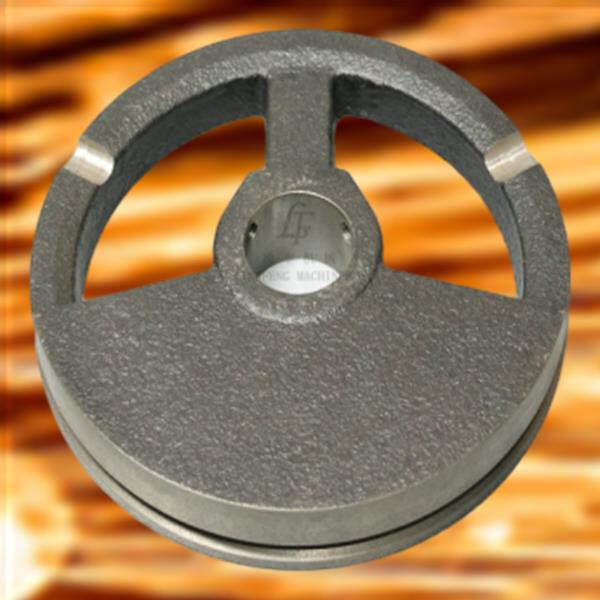At the core, the difference between cast iron and ductile iron is only the carbon content they have. This type of metal has a higher percentage of carbon which makes it more brittle as compared to cast iron. This means that it is prone to breaking or shattering upon impact or stress. In contrast, ductile iron has a smaller percentage of carbon, which is what makes it slightly more pliable and durable. Ductile iron can bend, where cast iron breaks, and this is due to this flexibility. Ductile iron has an ingenious structure that protects it from rust; for this reason, it is more efficient than cast iron for applications that will face water or moisture. Well, LF cast iron does have its advantages, and there are situations where it is the right choice. It has many great characteristics, but the most important one is its high-temperature resistance. This is why cast iron is ideal for things like stoves, ovens and even fireplaces. Not only is the cast iron heat-insulated but it is also a good electricity conductor. This characteristic makes its application relevant with some electrical applications. But cast iron is also a brittle substance, so they are not ideal for applications where it may be struck or stressed heavily. The biggest drawback with glass is that it can crack or break under pressure.
Conversely, LF ductile iron comes with great benefits as well. It's more versatile and tougher than cast iron, meaning it can handle more abuse before breaking. Cast iron is more prone to corrosion than ductile iron, so ductile iron will generally not rust as easily. So for outdoor applications or where it would be subject to moisture, ductile iron is much more suited. The downside to ductile iron is its cost though, as ductile iron is typically more expensive than cast iron. So, it can be less attractive for some projects if budget is a concern because of this higher cost. Thousands of casts iron pieces are used in various industries. It is commonly used in construction for producing durable products such as manhole covers, pipes and gutters. In addition, cast iron can manage a considerable amount of weight and stress: these elements have to endure a lot of both. In automotive, cast iron is utilized for components such as engine blocks which are among the most ultimate parts of a car. It is also popular among those who have a background in cooking. Day 1298: Lots of chefs and home cooks use cast iron pots and pans because of the heat retention and durability it boasts. For frying and baking, cast iron skillets are popular as they disperse heat uniformly.

Ductile iron is many of the same uses as cast iron, but excels in situations that require some degree of both flexibility and strength. This type of iron, for example, is commonly used in bridge and building construction. The resilience of its stiff but flexible nature allows structures to absorb forces (such as wind and traffic). Automedics: Another application of ductile iron is in the automotive industry for suspension parts which require a highly fatigue capable material because they are subjected to considerable displacement and forces over their service life and as a result must resist breaking. As a result, ductile iron is ideal for components where it is crucial for them to be durable and reliable.

Cast iron also has great compressive strength which is needed for situations when a lot of weight needs to be borne. Able to sustain heavy loads without bending or breaking Cast iron is also a great thermal conductor, so it will get hot quickly and distribute it evenly. This quality is especially beneficial when cooking. That said, there are few negatives to cast iron. If not well maintained, it can rust and corrode, and can break easily when stressed or impacted, making it unsuitable for some applications.

There are some key considerations that help you to choose between using LF ductile iron and cast iron. However, if you need something that has much more compressive strength under the required load, cast iron may be the better option for you. It isn't just robust but also handles heavy load pretty well. But when you want something less inflexible but more flexible, less brittle but more robust and corrosion resistant, ductile iron is the way to go. We build it as free movement, and resistant to extreme environment from the outside, so we expect it not to break.
Our factory for casting is part of our company, which allows us to incorporate Cast iron and ductile iron and commerce. We provide lower rates and superior quality than 90% of our competitors. Because we eliminate middlemen, we offer cheaper prices and superior quality products directly from our factory to our clients.
Our Cast iron and ductile iron customer support Cast iron and ductile iron assures that all queries are addressed within one hour quotes are given within six hours and customized solutions are provided within 12 hours We can respond promptly and efficiently to our clients regardless of where they are located or how they contact us
We have Cast iron and ductile iron over 100 customizing customers, providing fast, accurate and efficient customization solutions. It doesn't matter whether it's complete customizing or design-based, we can meet various demands of customers. We make sure that each custom project is done to the highest standard.
Our Cast iron and ductile iron are automated CNC machining centers and surface treatment workshops which work together to provide technical support for mass production Our manufacturing capabilities allow us to manage orders ranging from small to large quantities while maintaining high-quality production standards and efficiencies

